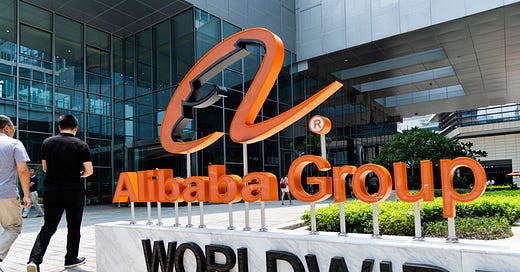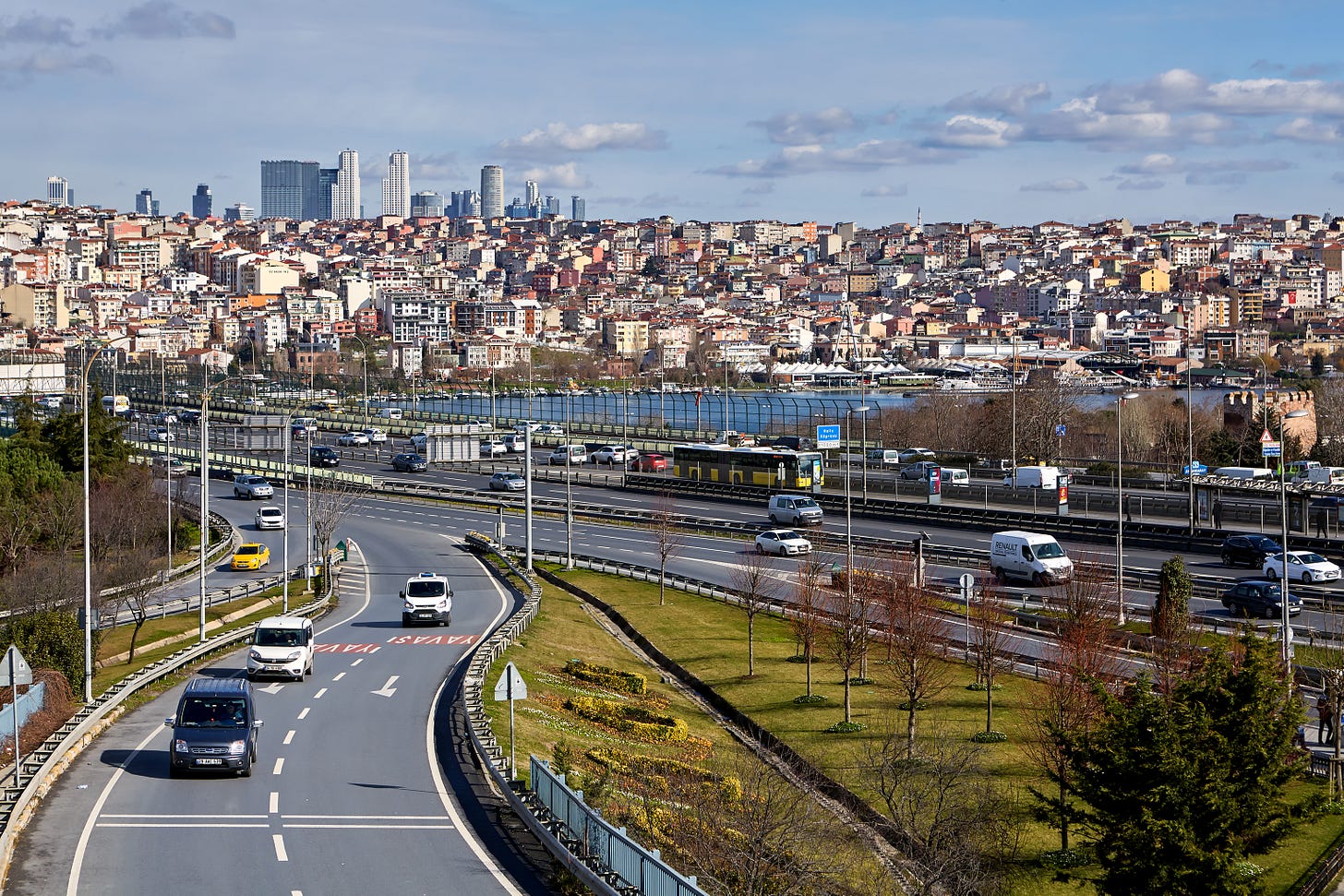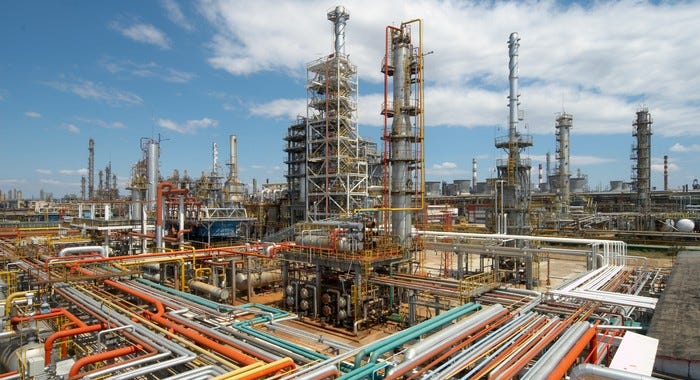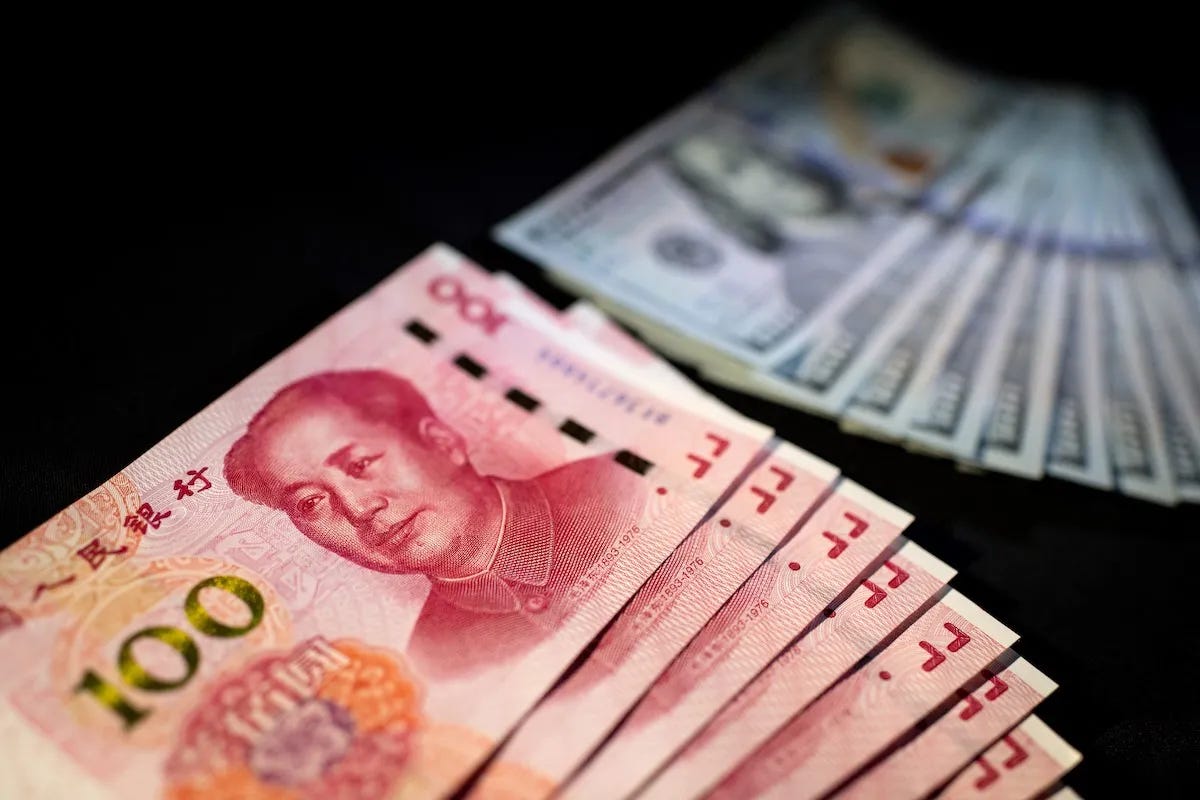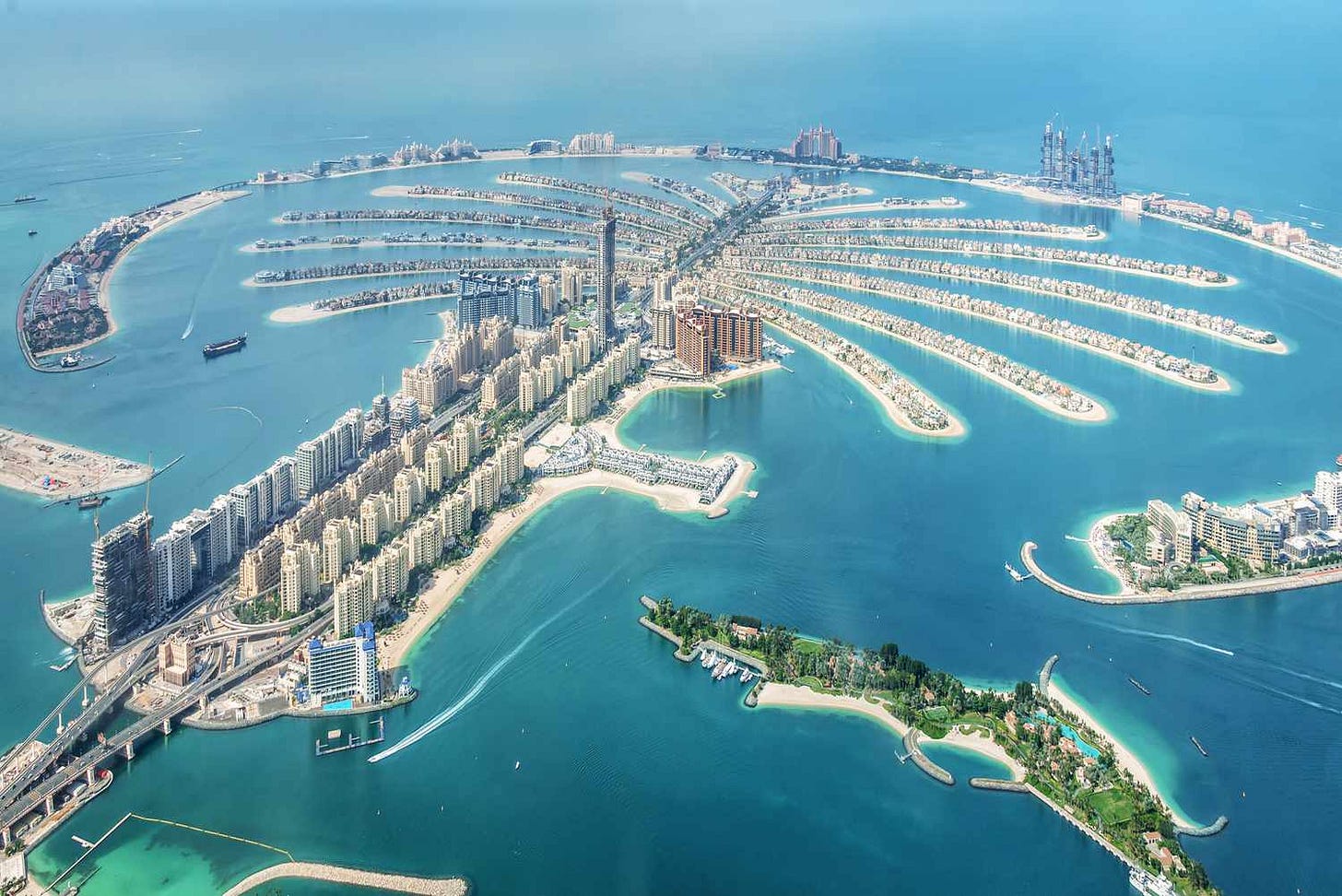Emerging Markets Monitor - July 7
Alibaba Surges, Foreign Investors Flock to Turkey, Global Commodities Rout Fuels Worry, Argentina Uses Yuan to Pay IMF, Dubai Tops Luxury Home Market
The Top 5 Stories Shaping Emerging Markets from Global Media - July 7
Alibaba Surges on Report China Will Unshackle Ant With a Fine
Bloomberg
“Alibaba Group Holding Ltd. shares jumped in Hong Kong trading after Reuters reported that China is likely to announce a fine of more than 8 billion yuan ($1.1 billion) on its fintech affiliate, drawing a line under the probe into the firm founded by Jack Ma.”
“China’s central bank is expected to disclose the fine against Ant Group Co. as soon as Friday, Reuters said, citing people with knowledge of the matter. That will allow Ant to seek a financial holding company license, revive growth and eventually resurrect plans for an initial public offering, it added.”
“Alibaba’s shares rose 3.4% in Hong Kong on Friday. The company’s American Depositary Receipts rose about 2.6% in premarket trading before New York exchanges opened.”
“‘The market likes it because scrutiny looks likely to be over and the fine, though big in absolute terms, is very manageable for such a big company,’ said Vey-Sern Ling, managing director at Union Bancaire Privee. An 8 billion yuan fine would be less than the estimated 9.6 billion yuan profit that Ant generated in the December quarter.”
“The probe into Ant marked the symbolic start of a withering crackdown on the broader Chinese internet industry, which wiped hundreds of billions of dollars off the value of sector leaders from Alibaba to Tencent Holdings Ltd. Allowing the fintech giant to resume business growth would kindle hopes that Beijing will finally unfetter its giant private sector, part of a nationwide effort to resuscitate a flagging economy.”
“Regulators killed Ant’s IPO in 2020 after Ma angered Beijing with a public critique of financial regulators. The government began a clampdown on the private tech sphere shortly after, accusing Alibaba of monopolistic behavior before levying a record fine for the alleged violations.” Bloomberg reports.
Foreign Investors Pile Into Turkey Stock Market After Election
Financial Times
”Foreign investors scooped up almost $1bn of Turkish equities in a three-week buying spree last month as the country’s new economic programme and bargain prices lured fund managers into a market that has been shunned in recent years.”
“International investors purchased $974mn of Turkish stocks in the three weeks to June 23, according to Financial Times calculations based on newly released data from the central bank. It marked the strongest net inflows since November 2021.”
“The recent influx of funds to Turkish equities came as President Recep Tayyip Erdoğan shook up his economic team following his election victory in May. Finance minister Mehmet Şimşek and central bank chief Hafize Gaye Erkan, who were appointed in June, have vowed to set Turkey on a ‘rational’ path after years of unconventional policies triggered an economic crisis and sent foreign holdings of Turkish stocks and bonds to historic lows.”
“Turkey’s lira has fallen 20 per cent against the dollar since the start of June as the new economic team curtailed its policy of propping it up, which had left the country’s foreign currency war chest seriously depleted. The weak lira has made Turkish stocks much cheaper for foreign investors, with the benchmark Borsa Istanbul (Bist) 100 index down about a fifth this year in US dollar terms.” Adam Samson reports.
Global Commodities Rout Fuels Fears of a Bleak Economic Future
CNBC
“Prices of commodities like crude oil and iron ore have been sliding this year, underlining a continuing economic rout across the globe and possible recession risks, market watchers told CNBC.”
“Global commodities have seen a more than 25% slump over the last 12 months as reflected by the S&P GSCI Commodities index — a benchmark measuring the wider performance of various commodity markets.”
“Out of the different baskets of commodities, industrial metals have slid 3.79% during that period (up to June 30), while energy commodities like oil and gas have slipped 23%. Conversely, agricultural commodities such as grain, wheat, and sugar have gained roughly 11%.”
“But the overall slide for the index is likely pointing to a global economic slowdown and a recession, analysts say, as China’s Covid-19 rebound loses momentum.”
“‘Iron ore and copper are good barometers of the very cyclical portions of the global economy, including construction and manufacturing, of which are in recession in many places,’ Kpler’s Senior Commodity Analyst Reid I’Anson said via e-mail.”
“‘It is my belief that this will flow through to a broader decline in economic activity, especially in the West,’ I’Anson added. He foresees that the U.S. will likely see a GDP contraction in the fourth quarter of this year or 2024′s first quarter, and that Europe will follow suit in three to six months.”
“‘The failure of the Chinese economy to live up to the expectations of the market is the biggest reason commodity markets are struggling to find a footing,’ I’Anson continued.”
“China has been posting a slew of economic data that has been weaker than market expectations, pointing to a faltering Covid reopening after years of strict lockdowns. Bank of America analysts confirm that China’s rebound has been weaker than expected.”
‘Especially for property, investment dropped 7% year-on-year,’ said the bank’s Head of Asia-Pacific Basic Materials and Oil & Gas Research, Matty Zhao. A property market decline is often associated with a drop in demand for construction materials like steel, aluminum, copper and nickel.”
“China’s real estate sector slump is predicted to last for years, according to Wall Street banks. And the Chinese government doesn’t look like it’s going to pursue an aggressive fiscal stimulus package, said I’Anson. Lee Ying Shan reports.
Argentina Uses Yuan For First Time to Settle Part of Its IMF Debt
El Pais
“The lack of dollars in its central bank’s international reserves forced the government of Argentina to make an unprecedented decision…For the first time, it met a payment obligation with the International Monetary Fund (IMF) in Chinese yuan worth the equivalent of one billion US dollars, with a further $1,7 billion disbursed in Special Drawing Rights, considered the IMF’s currency as it is a reserve asset made up of a basket of the world’s main currencies.”
“This is the first time that the Alberto Fernández administration resorts to freely available yuan from the currency exchange with China to pay the international organization. This money was intended to finance imports from the Asian country, but officials had already anticipated that it could be put to other uses.”
“‘The payment of the June maturities was made without using dollars but SDRs [special drawing rights] and yuan,’ the Economy Ministry, headed by presidential hopeful Sergio Massa, said in a statement. The IMF confirmed the transaction. The international organization accepted this form of payment while negotiations to restructure Argentina’s debt continue.” El Pais reports.
Dubai is World’s Top Market for $10M Homes
The National
“Dubai’s luxury home sales, with a value of more than $10 million, crossed the $3.1 billion mark in the first half of 2023 amid higher demand for prime property in the emirate.”
“The total number of homes sold during the six-month period from January to June stood at 176, according to global property consultancy Knight Frank. The rising volume of luxury home sales has helped to drive apartment and villa prices across the Emirate to 15 per cent and 46 per cent, respectively, during the period.”
“…With 92 deals, Dubai also emerged as the busiest $10 million-plus market in the world during the first quarter of 2023, edging past Hong Kong (67) and New York (58), he said.”
“Demand for luxury property continues to rise in the UAE and Dubai has been ranked as the world’s fourth-most active market in the luxury residential segment, Knight Frank said in a report earlier this year.” Fareed Rahman reports.
“If you're going through hell, keep going.” - Winston Churchill

